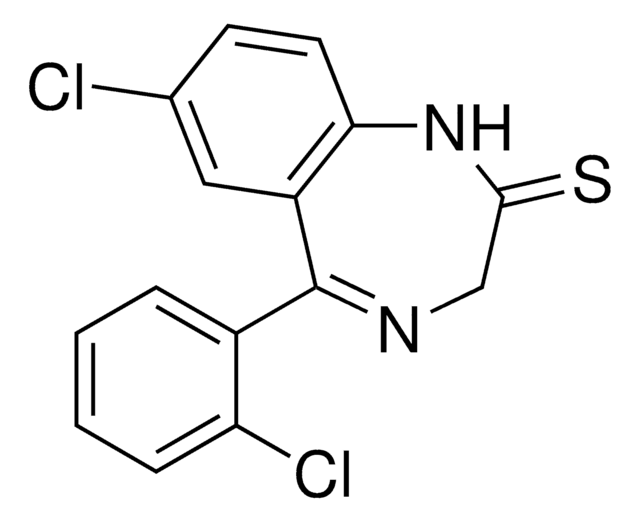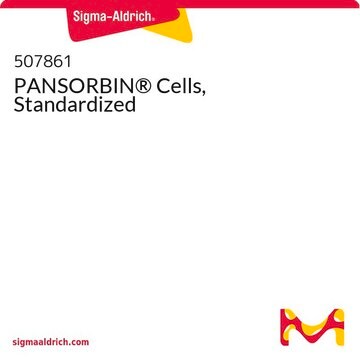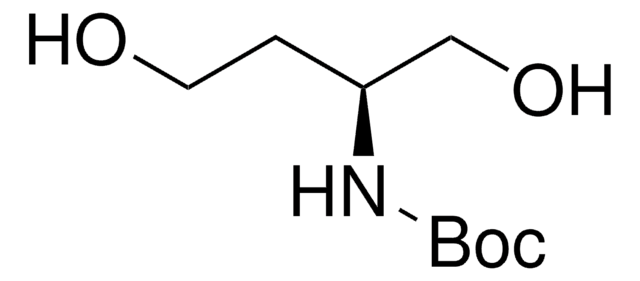C9525
4-Chlorouracil
≥99%
Synonym(s):
4-Chloro-2,6-dihydroxypyrimidine, 6-Chloro-2,4-dihydroxypyrimidine, 6-Chlorouracil
About This Item
Recommended Products
Quality Level
Assay
≥99%
form
solid
SMILES string
[H]N1C(Cl)=CC(=O)NC1=O
InChI
1S/C4H3ClN2O2/c5-2-1-3(8)7-4(9)6-2/h1H,(H2,6,7,8,9)
InChI key
PKUFNWPSFCOSLU-UHFFFAOYSA-N
Application
Reaction of 6-chlorouracil with 4-(dimethylamino)pyridine, 4-methylpyridine, and pyridin-4-yl-morpholine yielded pyridinium-substituted uracils as chlorides which were converted into pyridinium uracilates by deprotonation. These heterocyclic mesomeric betaines are cross-conjugated and thus possess separate cationic (pyridinium) and anionic (uracilate) moieties. Calculations and X-ray single crystal analyses may be used to characterize these systems and to compare the salts with the betaines.
Signal Word
Warning
Hazard Statements
Precautionary Statements
Hazard Classifications
Eye Irrit. 2 - Skin Irrit. 2 - STOT SE 3
Target Organs
Respiratory system
Storage Class Code
11 - Combustible Solids
WGK
WGK 3
Flash Point(F)
Not applicable
Flash Point(C)
Not applicable
Personal Protective Equipment
Certificates of Analysis (COA)
Search for Certificates of Analysis (COA) by entering the products Lot/Batch Number. Lot and Batch Numbers can be found on a product’s label following the words ‘Lot’ or ‘Batch’.
Already Own This Product?
Find documentation for the products that you have recently purchased in the Document Library.
Our team of scientists has experience in all areas of research including Life Science, Material Science, Chemical Synthesis, Chromatography, Analytical and many others.
Contact Technical Service









